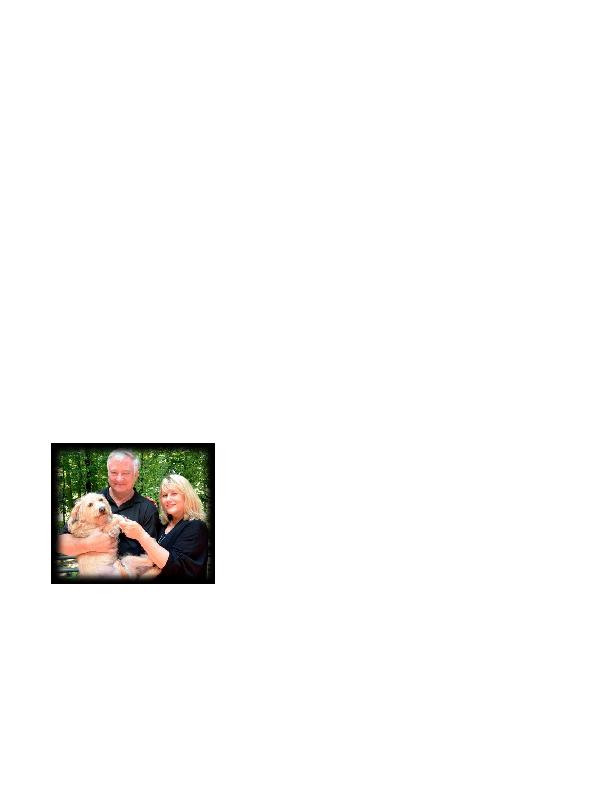
time, I didn't know what organization to work with, or give to. I contacted friends who live in Chicago
(Marty Kowalski and Judi Haft) who had a doggie daycare center, to ask their advice and
recommendation of an organization. They called me back, saying they felt AAUPR was the organization
I should contribute to, but I had to go through various stages of grief before I could proceed with the
donation in Lynn's memory. I'm happy to say I am now ready to move forward and make it a reality."
the majority of donations and gift-giving will go towards rescued animals, and not overhead."
our rescued dogs and cats. More and more, AAUPR is being made aware of pets who, through no fault
of their own, are left without owners or caretakers when their humans become gravely ill, or their
owners simply pass away with no plan in place to care for pets after their passing.
our assets, and how we wish things to be carried out after our passing, we also need a written plan in
place, along with funds if possible, to take care of our pets who cannot take care of themselves when it
comes to home, safety, food, comfort. Many people have the heart, desire and funding available to give
but simply don't know how to go about doing so.
them IN it, but it's going to happen to all of us and even if you haven't changed the world in the ways
you thought you would, you can still make the world a better place by thinking through this issue and
by giving of yourself if you don't have much to give, at least give "something". If you can give time,
then volunteer. If you have very little time, then give financially what you can. Just "think about it"
give it the importance it deserves in our lives because it's a really important issue."
animals in shelters,
people not spaying/neutering pets, puppies/kittens coming into the
world as unwanted, often abandoned from birth (along with the
animal mom). It goes through irresponsible humans who acquire pets
as toys/property/things, then treat them as such disposed of at will.
All of these behaviors lead to the mass euthanization of unwanted,
healthy animals or those who are ill because of neglect, no medicines
or preventive care. Killing a healthy animal is an extremely
Of course, legislators will say, "what do we do with all of these
euthanized?" Just as overcrowded conditions in human jails, one can understand that concern. But I
would say, "Let's attack this challenge as a number of different components and address each one of
them. In order to outlaw euthanization, one must develop the alternative to handle the resulting
animal population capacity. First step: break the cycle! Mandatory spay/neuter laws, enforcing those
laws, would be the first step toward reducing the unwanted pet population. Breaking the cycle of
unwanted births would go a long way toward naturally reducing the pet population."
Leadership member Lisa Zambacca
to tour one of our vetting facilities.